All Stories
-
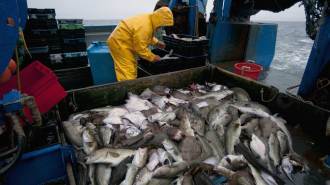 Climate
ClimateMercury levels in fish are rising despite reduced emissions
Climate change and overfishing can increase how much mercury accumulates in fish, counteracting efforts to reduce human-caused emissions.
-
 Life
LifeWhy people with celiac disease suffer so soon after eating gluten
In people with celiac disease, some T cells release immune chemicals within hours of encountering gluten, triggering the fast onset of symptoms.
-
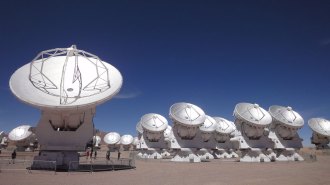 Astronomy
AstronomyGiant, active galaxies from the early universe may have finally been found
Overlooked galaxies from when the universe was younger than 2 billion years old could be the ancestors of other ancient and modern monster galaxies.
-
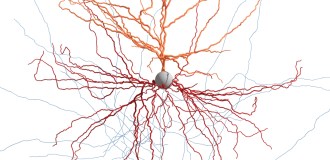 Health & Medicine
Health & MedicineHow pieces of live human brain are helping scientists map nerve cells
Experiments on live nerve cells — donated from patients undergoing brain surgery — may turn up clues about how the human brain works.
-
 Health & Medicine
Health & MedicineRacist words and acts, like the El Paso shooting, harm children’s health
Racism can take a lifelong toll on children’s and adolescents’ health. U.S. pediatricians are tackling the problem.
-
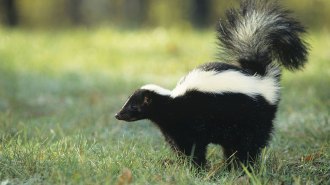 Chemistry
ChemistryA fungus makes a chemical that neutralizes the stench of skunk spray
A compound produced by fungi reacts with skunk spray to form residues that aren’t offensive to the nose and can be more easily washed away.
-
 Science & Society
Science & SocietyWith nowhere to hide from rising seas, Boston prepares for a wetter future
Boston has armed itself with a science-driven master plan to protect itself from increasingly inevitable storm surges and rising seas.
-
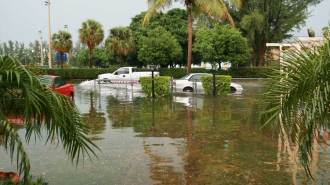 Science & Society
Science & SocietyHow the 5 riskiest U.S. cities for coastal flooding are preparing for rising tides
The five U.S. cities most at risk of coastal flooding from rising sea levels are in various stages of preparedness.
-

Readers respond to Lyme disease, fossil teeth and a Tesseract look-alike
Readers had questions and comments on Lyme disease prevention, speciation, and a mysterious uranium cube.
-

Why this warmer world is not just a passing phase
Editor in Chief Nancy Shute discusses climate change and the uncertainty of science.
By Nancy Shute -
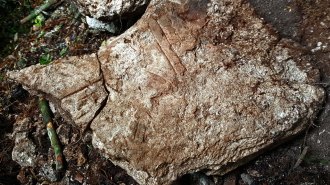 Anthropology
AnthropologyAncient Maya warfare flared up surprisingly early
Extreme conflicts broke out well before the decline of the Maya civilization, researchers say.
By Bruce Bower -
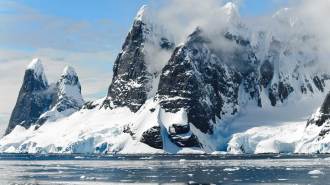 Earth
EarthA new map is the best view yet of how fast Antarctica is shedding ice
Stitching together data from several satellite missions allowed scientists to create the most comprehensive map of Antarctic ice flow ever.